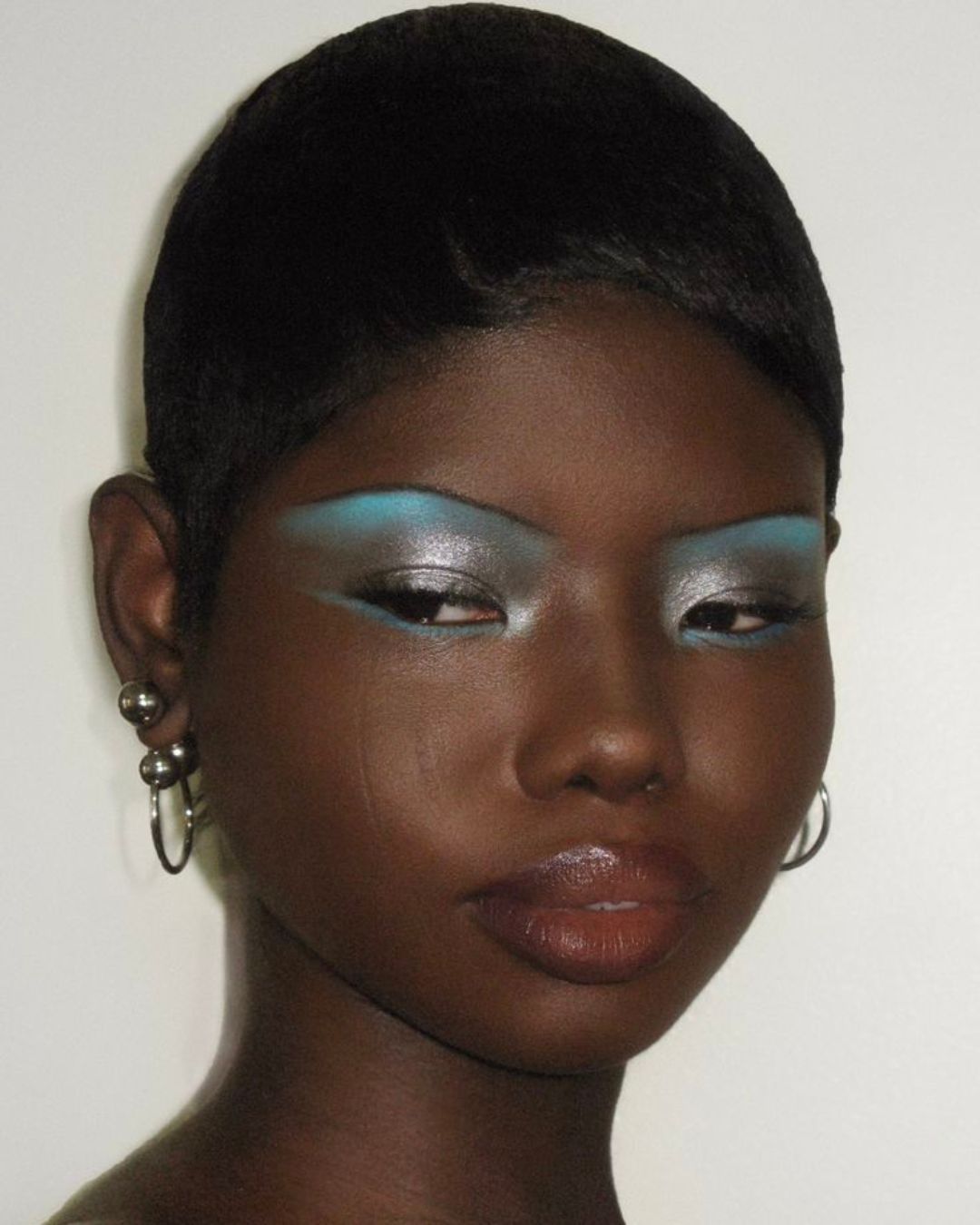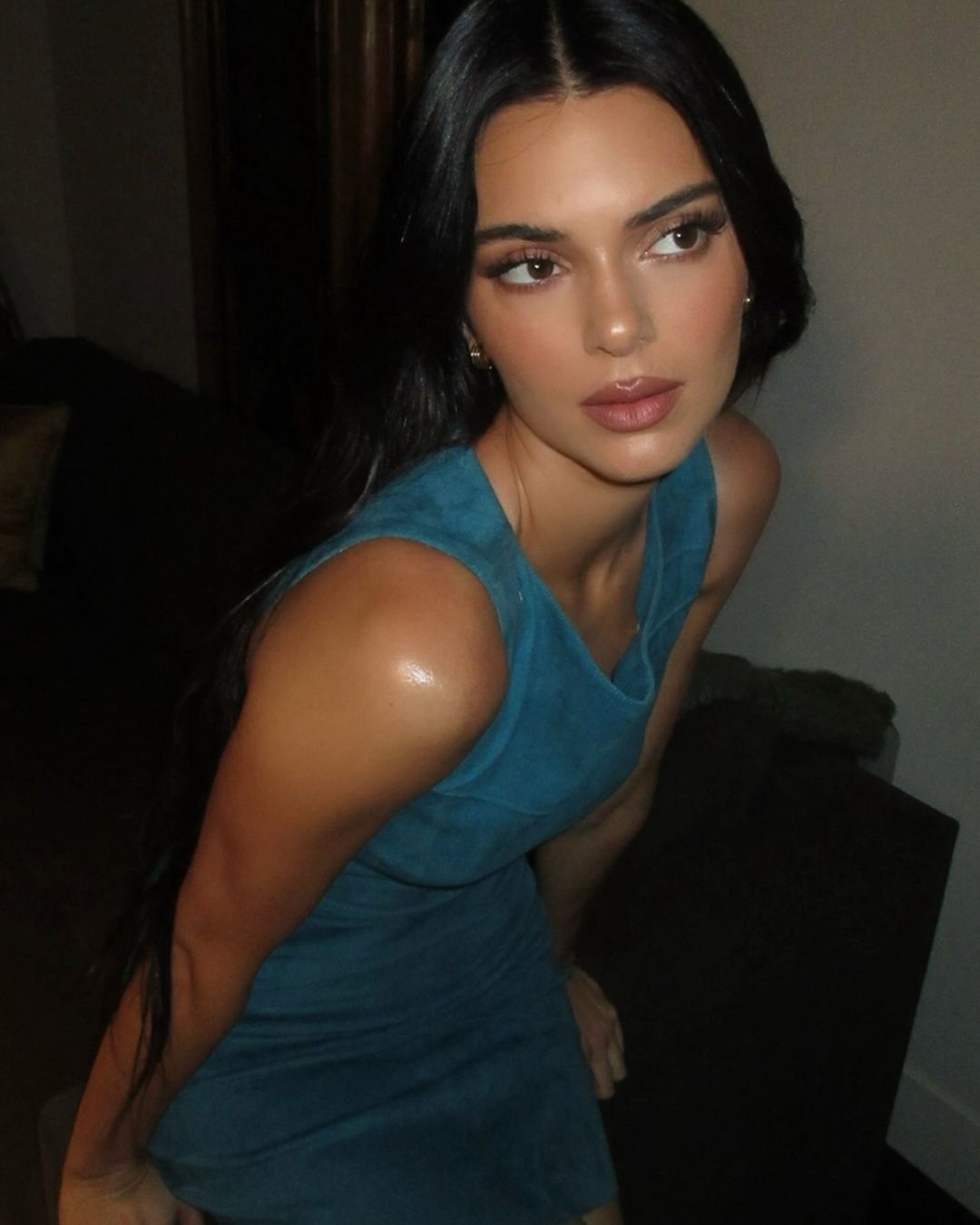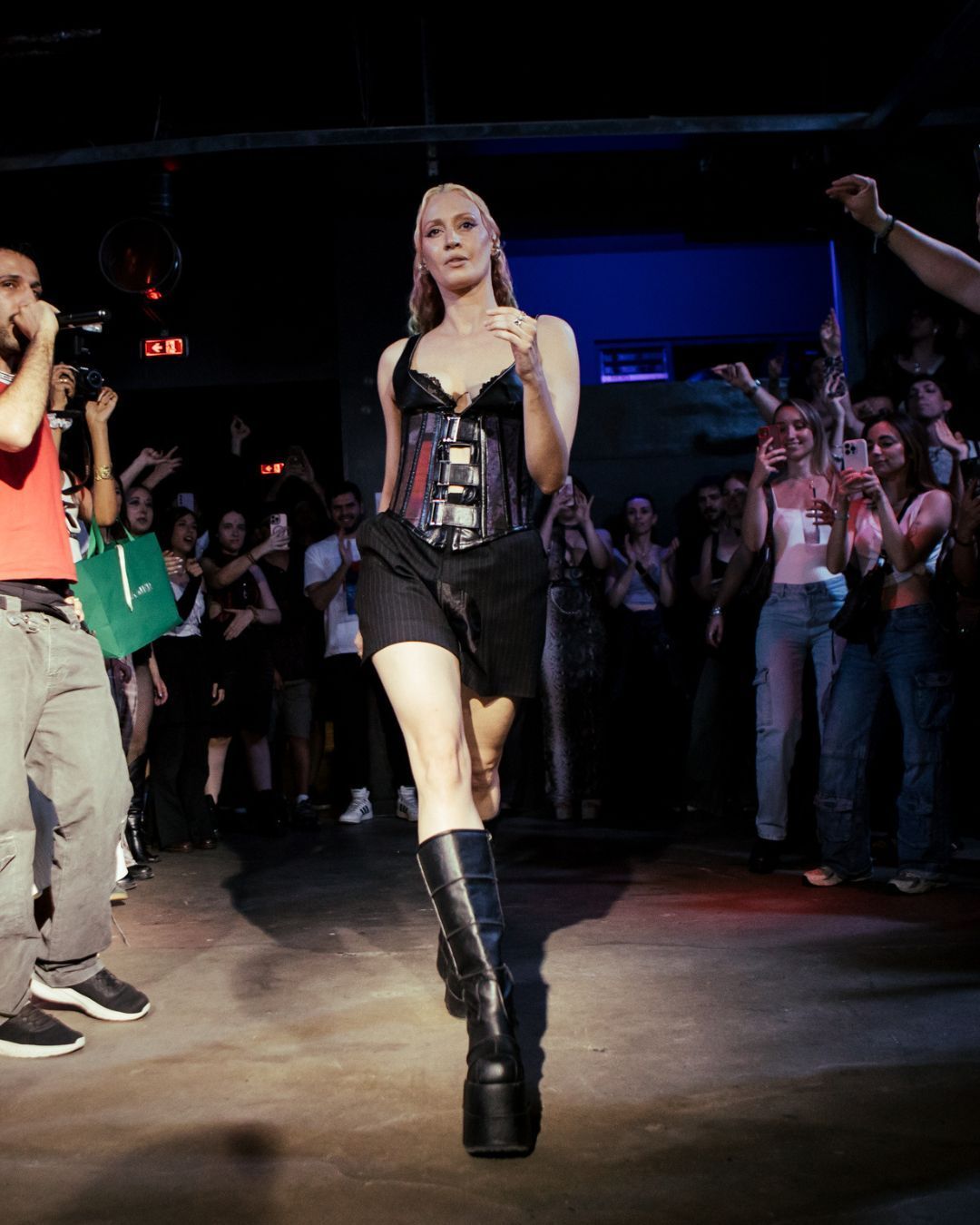
J.K. Rowling never stops horrifying us The author celebrates the ruling of the Supreme Court of the United Kingdom that redefines the meaning of "woman"

On Wednesday, April 16, two connected and consequential events took place: the United Kingdom's Supreme Court issued a ruling defining what constitutes a woman, and Harry Potter author J.K. Rowling once again confirmed herself to be a disgraceful figure. In the 88-page ruling For Women Scotland Ltd v The Scottish Ministers, the Court’s five justices ruled on an appeal by For Women Scotland against the Scottish government regarding the Equality Act, determining that the term "woman" legally refers to a biological female—that is, someone with biological characteristics typical of the female sex. According to this interpretation, transgender women have no rights and are not recognized as women under equality law. For Women Scotland is an openly transphobic organization founded in 2018 in response to the Scottish government’s proposal to reform the Gender Recognition Act in order to simplify the legal gender recognition process for trans women. The group is known for fiercely opposing any expansion of rights for transgender women, claiming such reforms would “threaten women’s safety.”
A long history of actions and discrimination against the trans community
In a photo shared on X, the Harry Potter author, wearing a caftan aboard a yacht, celebrated the ruling while smoking a cigar and wearing a smug expression: “I love it when a plan comes together,” she wrote. Rowling’s discriminatory plans have been well known for years—since March 2018, to be precise, when Twitter users noticed she had liked a tweet claiming that trans women are “men in dresses.” When questioned, Rowling said the like had been accidental, explaining she was interested in gender identity and conducting research on the topic.
A couple of years later, again on Twitter, she commented on an article titled Creating a More Equal Post-Covid World for People Who Menstruate, writing: “People who menstruate. I’m sure there used to be a word for those people. Someone help me out. Wumben? Wimpund? Woomud?” Just days later, in June 2020, she published an essay on her website expressing concern about this type of activism and its supposed implications for children’s safety and the use of “alien” and “dehumanizing” language such as referring to people as “individuals with vulvas.” In the years since, Rowling has financially supported the cause, donating £70,000 to For Women Scotland, and publicly criticized the Labour Party and its leader Keir Starmer, accusing him of having “abandoned women” in favor of “lazy embraces of a quasi-religious ideology.”
Constructing identity and power
To Rowling, being a woman coincides with having a female body and the worldly experiences that come with it—ignoring the fact that this identity trait is a historical, political, and social construct rather than a fixed, material reality. In various online forums about gender transition, where people openly share their journeys, many express confusion and pain over the author’s crusade: “I just want to know why she hates us so much.” Rowling’s view dehumanizes not language, but people themselves—excluding precisely those experiences that challenge dominant norms and that have helped expand, over time, our understanding of what a woman can be.
In a political climate where the current President of the United States, Donald Trump, has signed a bill that bars transgender athletes from competing in women’s sports—with a title, Get Men Out of Women’s Sports, that refuses to acknowledge their gender identity—and where Italy’s Minister for Equal Opportunities Eugenia Maria Roccella has voiced agreement with Rowling by stating “We all know you’re born either male or female,” the April 16 ruling appears perfectly in line with a political and cultural context that seeks to erase transgender people by denying their identity and legal recognition. Through this ruling—and, more broadly, through legal instruments—we don’t merely register differences: we actively produce them. Judgments are never neutral; they express and crystallize power relations, determining who gets to exist, who deserves recognition, and who instead gets erased.






















































